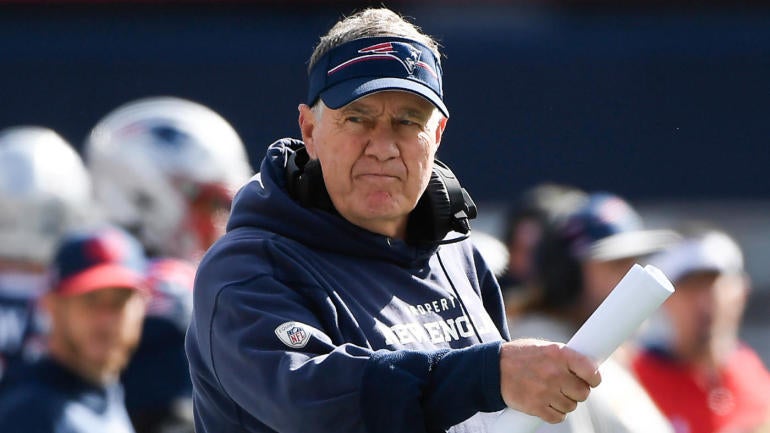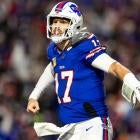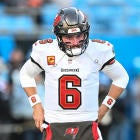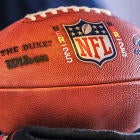
Bill Belichick is headed back to the sidelines, just not in the NFL, on Wednesday agreeing to become the next coach of the University of North Carolina Tar Heels. Why, exactly, would one of pro football's most accomplished coaches of all time choose the college game at age 72, and how will he transition?
Scott Pioli spent nine years -- and won three Super Bowls -- working alongside Belichick with the New England Patriots, including as vice president of player personnel. The former Kansas City Chiefs general manager provided an inside perspective on Belichick's likely mindset while appearing on CBS Sports HQ.
"[College football is] looking more like professional football -- the NIL and the payment of players is one of those ways," Pioli said. "It does things to personalities. Bill knows what that is about. He has an understanding of how that's gonna affect and impact people when they're getting paid to do their job."
More than that, Pioli believes Belichick is genuinely interested in teaching the next generation.
"Bill is a developmental coach," Pioli said. "He knows situational football. He's about technique. He's about fundamentals. And if you listen to professional coaches now talking about players they're getting from college ... a lot of players coming into the NFL and in the NFL can't do the fundamentals: They can't block, they can't tackle, they can't hold onto the football. Those are the things that are the standards within Bill Belichick's program. ... That's the stuff that Bill loves to teach."
Pioli is also skeptical of the notion that Belichick landed at North Carolina in large part because he sought too much control as a coaching candidate in the NFL.
"I don't know that it's necessarily control as much as he wants to have people around him that can help him control the environment," Pioli said. "You hear this term 'control freak.' He wants to be in control of the things that matter. ... Bill has no problem at all with delegating. What he wants to do is to have a group of people around him that can do the things the way that he knows and believes to be [the right way.] ... It's having a united front. ... He learned that from Bill Parcells, and Bill Parcells got that from [Al] Davis."

















